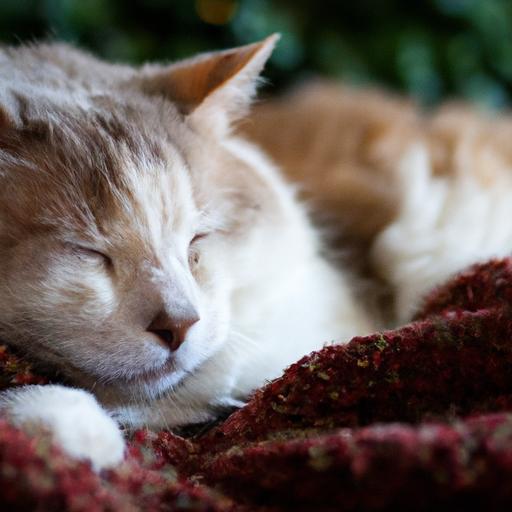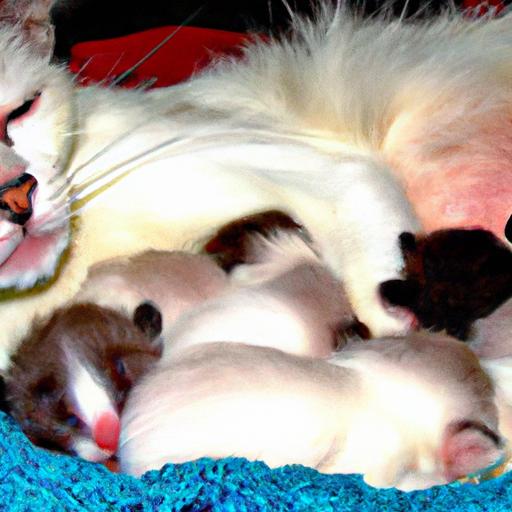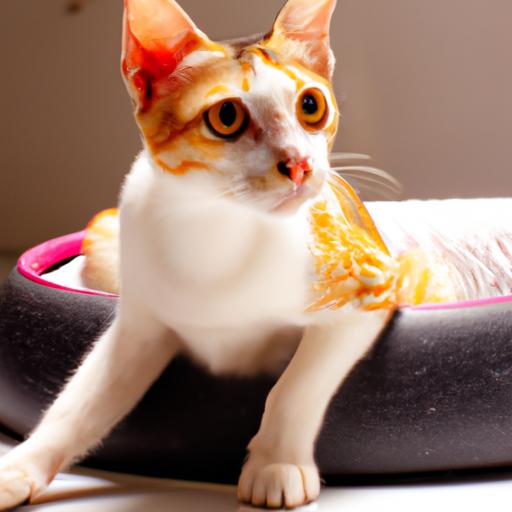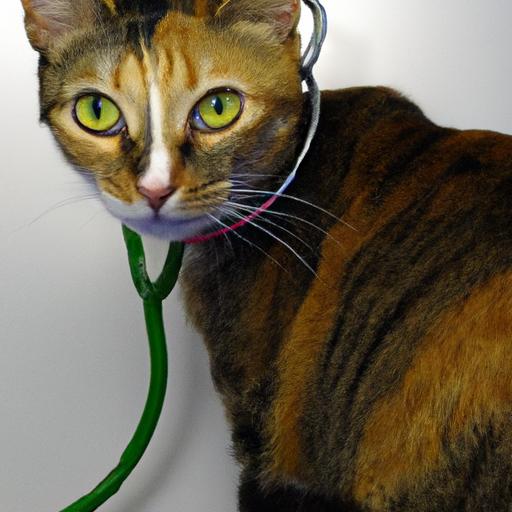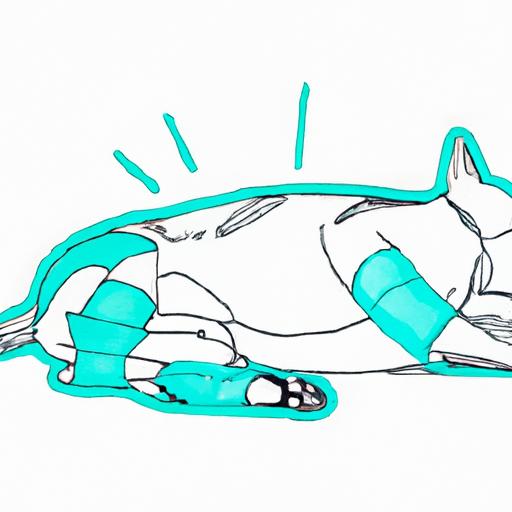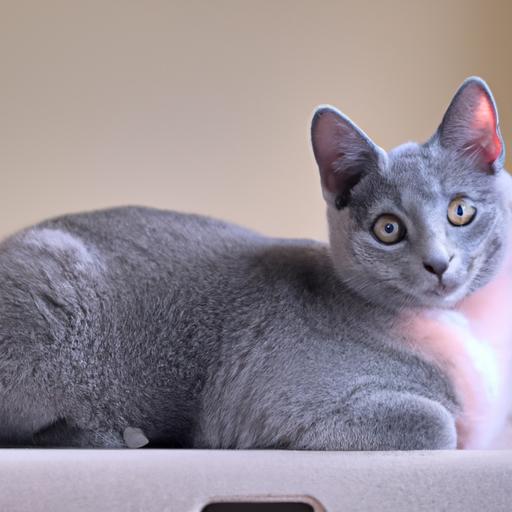
Understanding Feline Otitis Media: A Comprehensive Guide
Gain a comprehensive understanding of feline otitis media with our informative guide. Learn about causes, symptoms, diagnosis, treatment, and more.
Introduction
Welcome to our comprehensive guide on understanding feline otitis media. If you’re a cat owner, it’s crucial to familiarize yourself with this condition to ensure the well-being of your furry friend. In this article, we will delve into the causes, symptoms, diagnosis methods, treatment options, and more. Let’s embark on this journey to gain a better understanding of feline otitis media and how it affects our feline companions.

Understanding Feline Otitis Media
Definition and Causes
Feline otitis media refers to the inflammation of the middle ear in cats. This condition typically occurs as a result of an infection, often secondary to an outer ear infection or trauma. Bacteria, fungi, and parasites can invade the middle ear, leading to inflammation and discomfort for your cat.
Symptoms and Signs
Spotting the symptoms of feline otitis media is crucial in order to seek timely veterinary care. Keep an eye out for signs such as:
- Frequent shaking of the head
- Scratching or pawing at the affected ear
- Discharge from the ear, which may be pus-like or bloody
- Foul odor emanating from the ear
- Loss of balance or coordination
- Pain or sensitivity around the ear area
- Changes in behavior, such as irritability or depression
If your cat exhibits any of these symptoms, it is essential to consult with a veterinarian for a proper diagnosis.
Diagnosis Methods and Tests
Diagnosing feline otitis media requires a thorough examination by a skilled veterinarian. The vet will likely begin by taking a detailed medical history and conducting a physical examination of your cat. They may use an otoscope to visualize the ear canal and eardrum, looking for signs of inflammation, discharge, or other abnormalities.
In some cases, additional tests such as bacterial or fungal cultures, bloodwork, or imaging studies like X-rays or CT scans may be necessary to determine the extent of the infection and identify any underlying causes.
Possible Complications and Risks
If left untreated, feline otitis media can lead to serious complications. The infection can spread to surrounding structures, such as the inner ear or even the brain, causing more severe health issues. Chronic inflammation can also result in permanent damage to the ear structures, leading to hearing loss or balance problems.
It is crucial to understand the potential risks and complications associated with feline otitis media, highlighting the importance of seeking prompt veterinary care.
FAQ (Frequently Asked Questions)
What is feline otitis media?
Feline otitis media is the inflammation of the middle ear in cats, often caused by infections that spread from the outer ear.
How common is it in cats?
While the exact prevalence of feline otitis media is unknown, it is not an uncommon condition among cats, especially those with a history of ear infections.
Can it be prevented?
Preventing feline otitis media involves regular ear care and hygiene. Clean your cat’s ears as recommended by your veterinarian and promptly treat any outer ear infections to prevent the spread of infection to the middle ear.
What are the treatment options available?
Treatment for feline otitis media typically involves a combination of antibiotic or antifungal medications, ear cleaning, and in some cases, surgical intervention. The specific treatment plan will depend on the severity of the infection and the underlying cause.
Are there any home remedies for feline otitis media?
While home remedies may provide temporary relief, they are not a substitute for professional veterinary care. It is essential to consult with a veterinarian who can provide appropriate treatment tailored to your cat’s specific needs.
How long does it take for a cat to recover from otitis media?
The recovery period for feline otitis media varies depending on the severity of the infection and the overall health of the cat. With proper treatment and care, many cats show improvement within a few weeks, but it may take several months for complete recovery.
Conclusion
In conclusion, understanding feline otitis media is crucial for cat owners to ensure the well-being of their feline companions. Prompt diagnosis and appropriate treatment are essential in managing this condition and preventing potential complications. Remember, if you notice any signs of feline otitis media in your cat, consult with a qualified veterinarian who can provide the necessary care and support. By being proactive and knowledgeable, you can help your furry friend overcome this condition and enjoy a healthy and happy life.


